Ex-UK envoy says restored Syria-Saudi ties ‘slap in face of US’
Saudi Arabia and Syria’s attempt to mend fences is a “slap in the face” and a “big setback” for the United States, a former British ambassador to Syria has said, calling the rapprochement an important political achievement for Syria.
In late March, Saudi Arabia and Syria reportedly agreed to reopen their embassies after cutting diplomatic ties more than a decade ago when the foreign-sponsored Syrian conflict started.
Peter Ford told Press TV on Sunday that the re-establishment of Damascus-Riyadh diplomatic ties shows that Syria has survived and is “going from strength to strength regionally.”
“Above all, [restoration of ties] puts pressure on the United States, which is going to interpret this as a slap in the face,” Ford said. “This is a big setback for the US’ regional diplomacy.”
He explained that the resumption of relations between the kingdom and Syria is more of political importance rather than a military one.
“It has been a long time now since most of the Persian Gulf countries stopped giving active support to the armed opposition in Syria. Therefore, the rapprochement is not going to change what was already an improved situation on the ground, but it’s very important politically. It demonstrates that Syria has survived and is going from strength to strength regionally,” he added.
He also said that Riyadh’s turn in strategy has occurred three years ago over the course of the 2019 Persian Gulf crisis and the increase of military tensions between Iran and the US following the US’ stepped-up effort to stop Iranian tankers from taking oil through the Persian Gulf.
Ford added that the drone attack on the facilities operated by Saudi Aramco, the country’s state-owned oil company, at about the same time in September made the kingdom believe that they cannot rely on US protection.
“The Saudis realized that they were on their own and that they were more likely to be dragged into the US’ wars than have them defend Saudi Arabia. And what we have seen over the last three years has been the gradual elaboration of this tendency,” he said.
And, he continued, they realized they have to get along with Iran.
In March, Tehran and Riyadh signed a Chinese-brokered normalization agreement after several days of intensive negotiations in Beijing.
Ford also lauded Russia’s “extremely important” role in restoring ties between Damascus and Riyadh.
“This is what Russia does so well, serious diplomacy. In fact, Russia gave the Americans a master class on how to conduct Middle East diplomacy,” he said.
“And [the Arab League] summit with [Syrian President Bashar] al-Assad probably invited is going to be a crowning achievement,” he concluded.
Saudi Arabia is reportedly planning to invite Assad to an Arab League summit hosted by Riyadh next month.
Three sources familiar with the plan were cited by Reuters as saying that Saudi Foreign Minister Prince Faisal bin Farhan will travel to Damascus in the coming weeks to hand Assad a formal invitation to attend the Arab League summit on May 19.
Since 2011, Syria has been gripped by foreign-backed militancy, leading to the emergence of Daesh and other terrorist groups in the Arab country. Key Arab countries tried to oust Assad during the conflict in Syria.
In November 2011, the Arab League suspended Syria’s membership, citing an alleged crackdown by Damascus on opposition protests. Syria has denounced the move as “illegal and a violation of the organization’s charter.”
Syria was one of the six founding members of the Arab League in 1945. In recent months, an increasing number of countries and political parties have called for the reversal of its suspension from the Arab League.
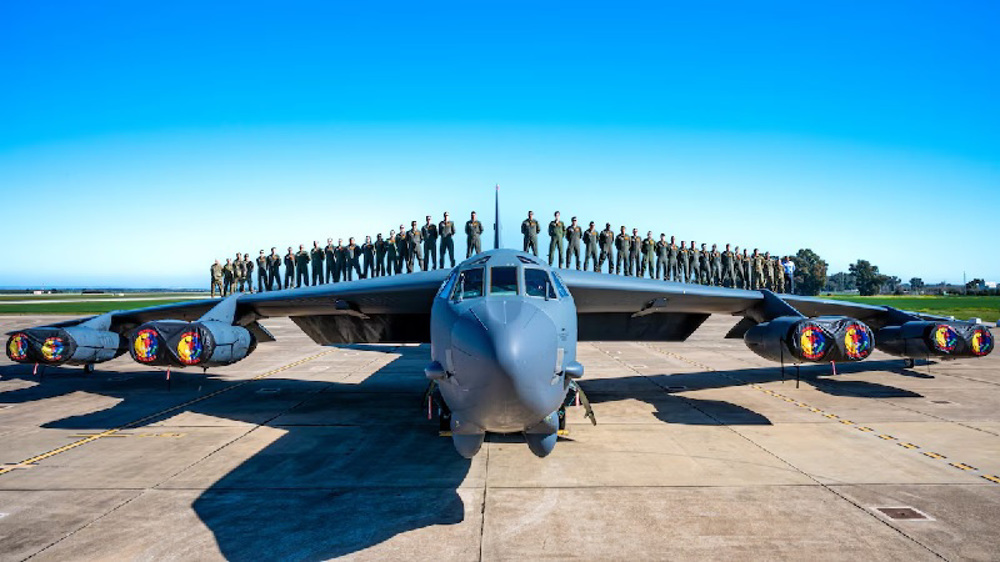
US B-52 bombers in West Asia do not scare Iran
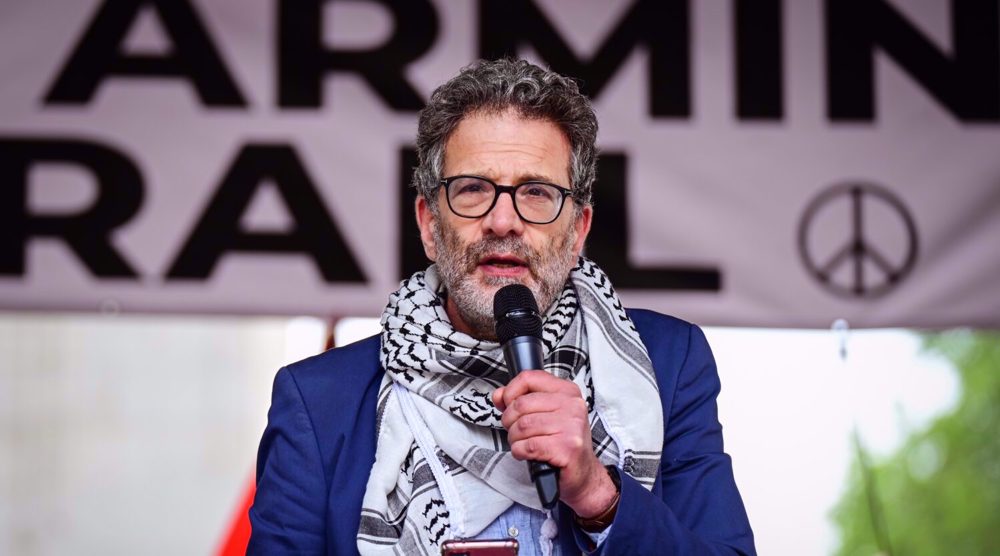
Palestine Solidarity Campaign director on trial

‘Doctors Against Genocide’ demands US Senate stop Trump
'Shocking attack on free expression': Canadian politician slams arrest of pro-Palestine activist
West Bank Palestinians fear Gaza style destruction as Israel escalates raids
Hamas: Ibrahimi Mosque massacre testament to Israel’s criminal policy
Trump eyes Ukrainian rare earth minerals in exchange for military support to Kiev
Six Gaza children, including newborn girl, die of cold weather as Israel blocks aid
Iran rules out nuclear talks with US amid ‘maximum pressure’ campaign
Israeli tanks roll into West Bank first time in 20 years as prelude to forcible annexation
VIDEO | Trump wants Ukraine's mineral wealth


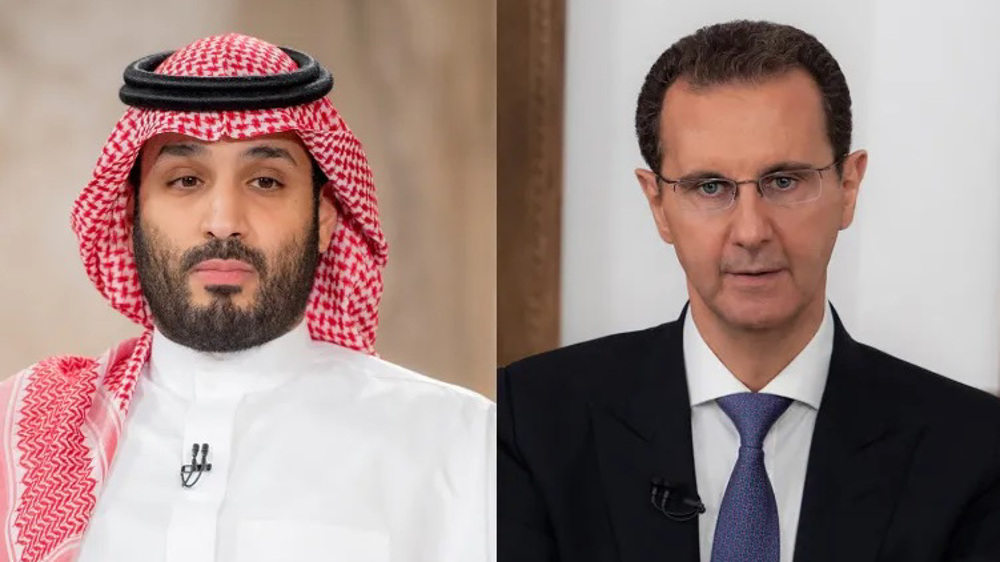
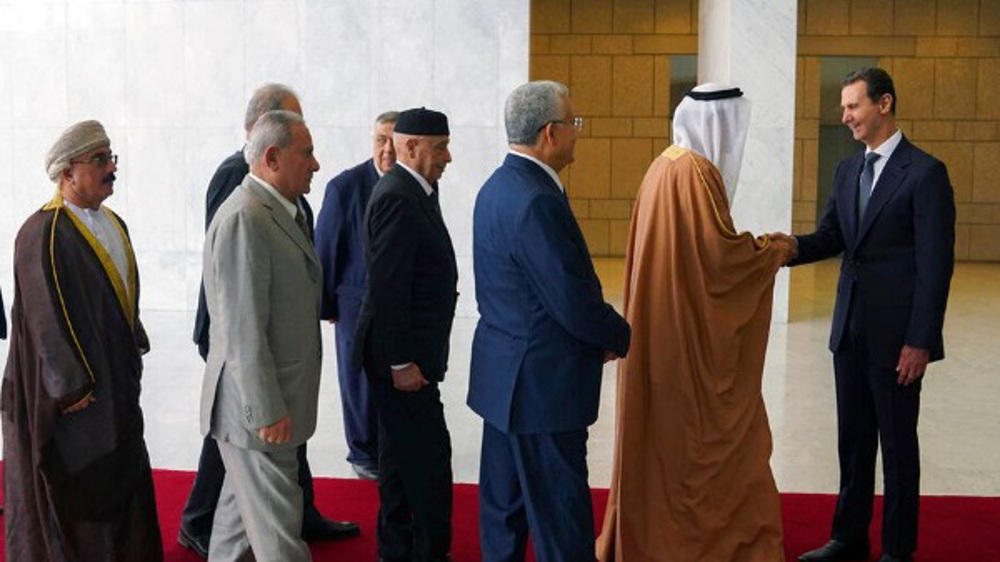
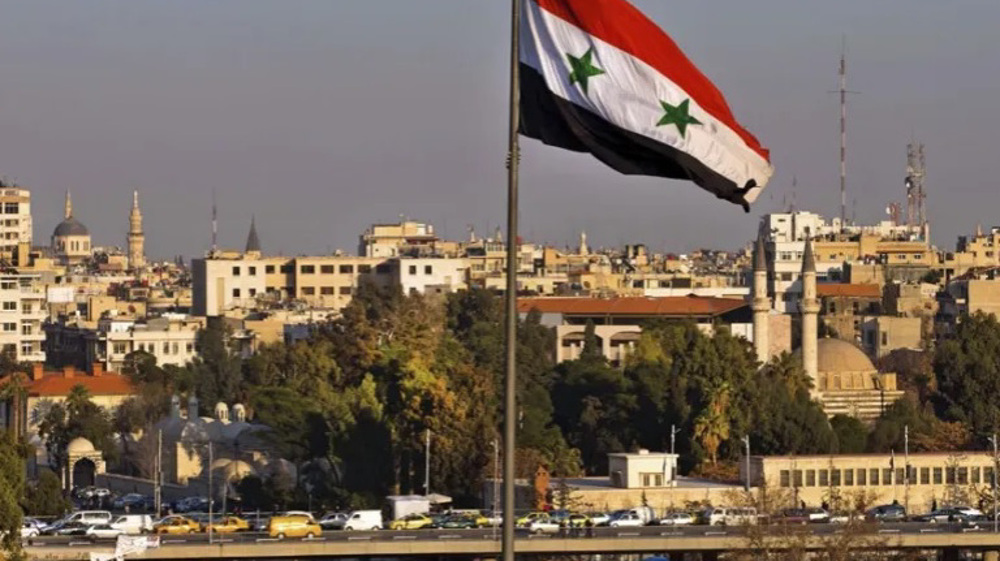
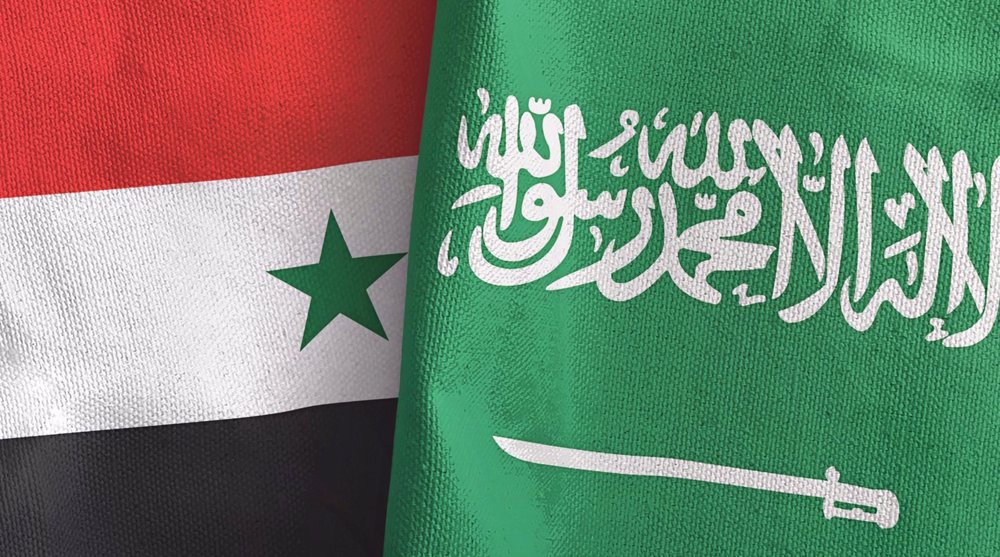



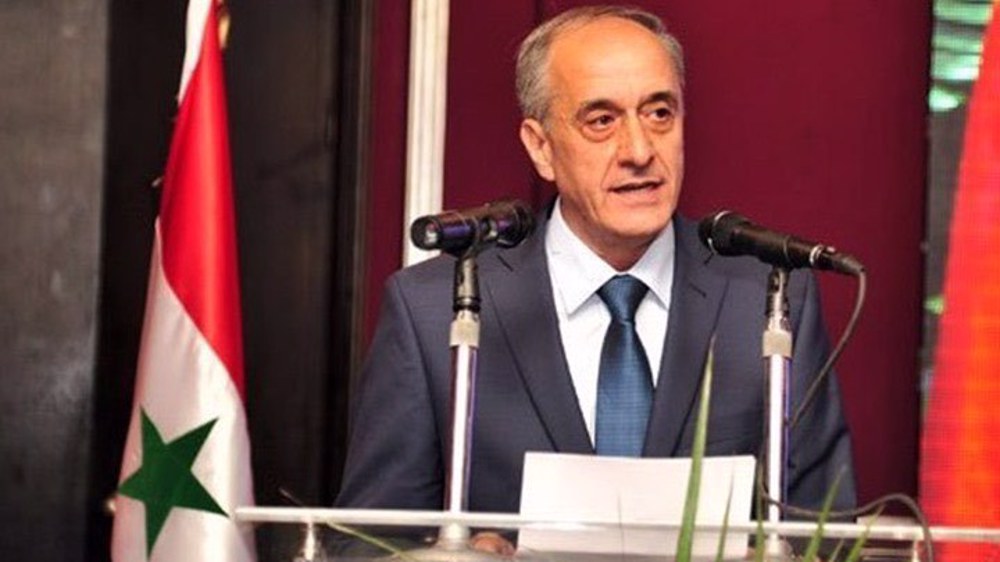
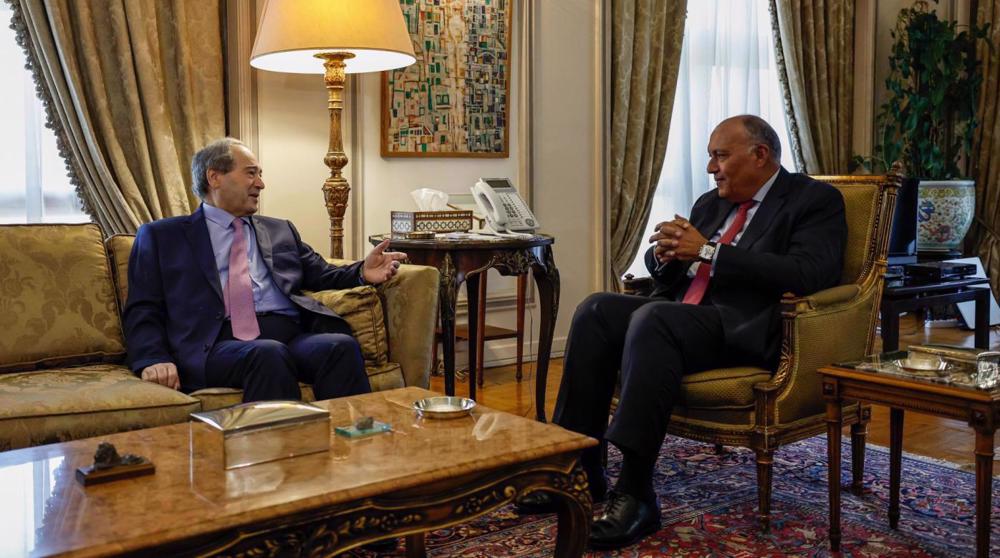
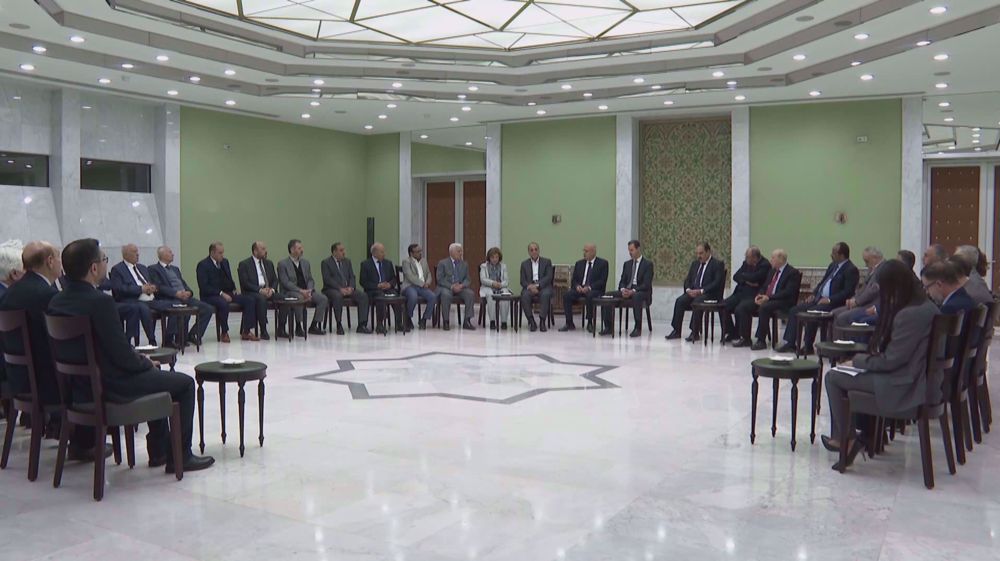
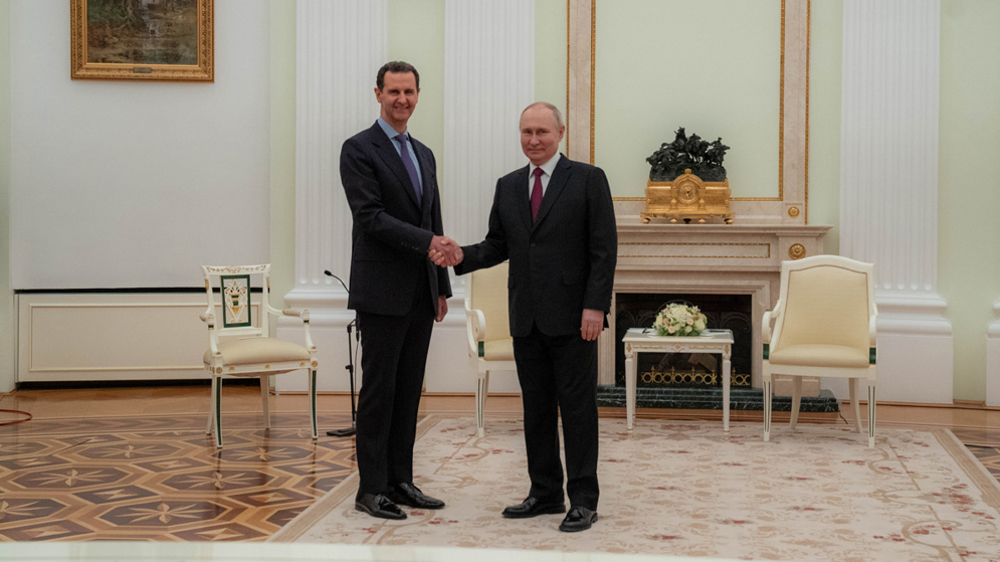

 This makes it easy to access the Press TV website
This makes it easy to access the Press TV website